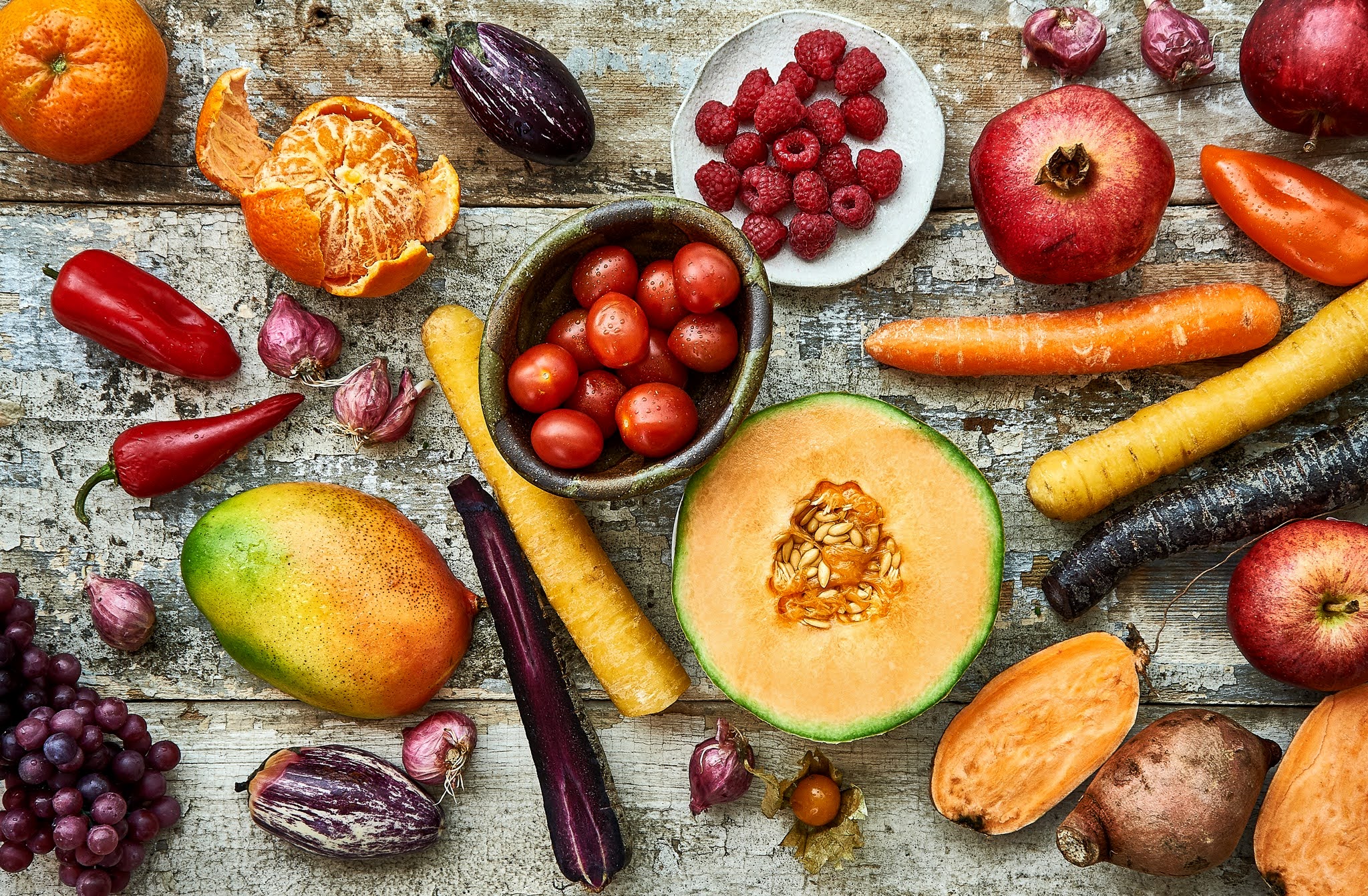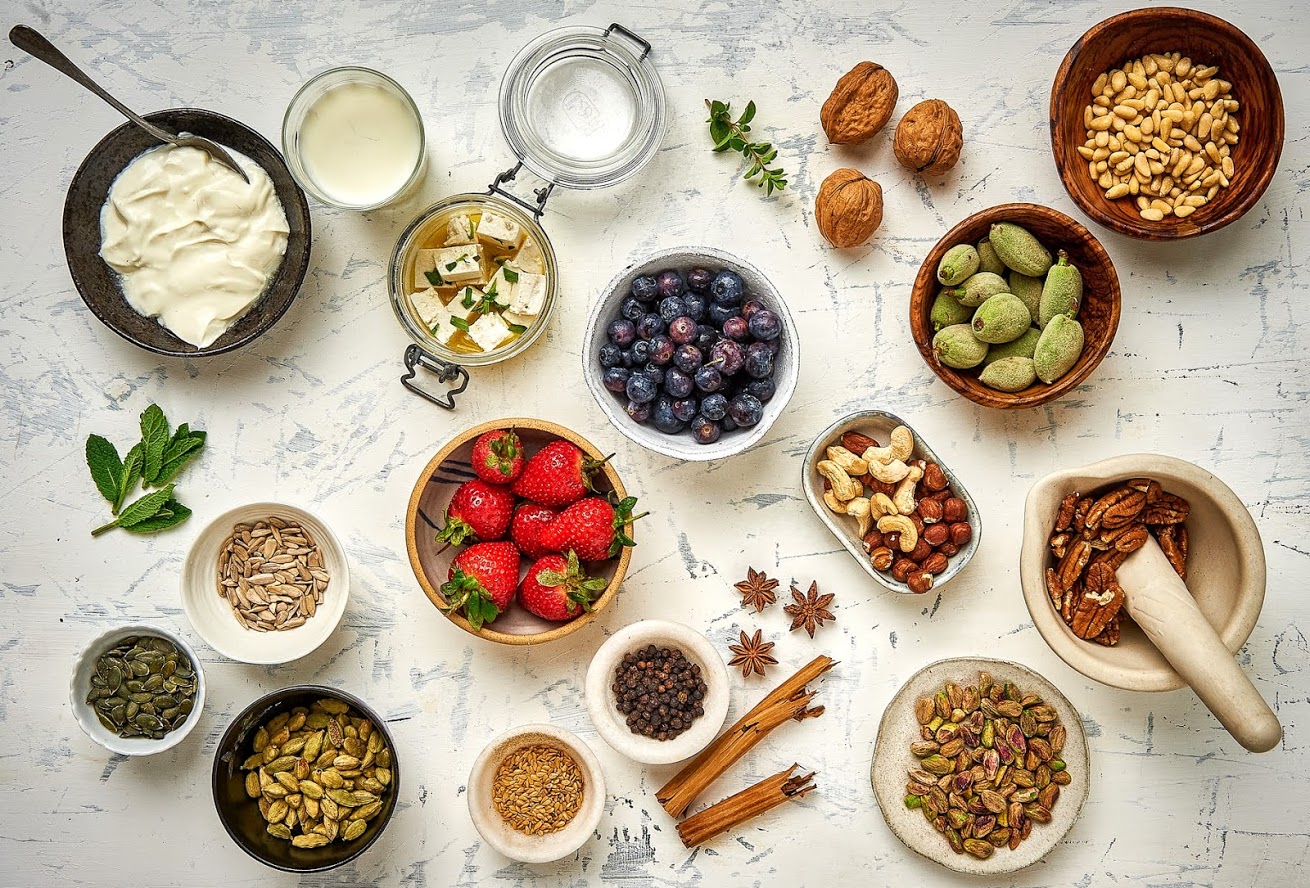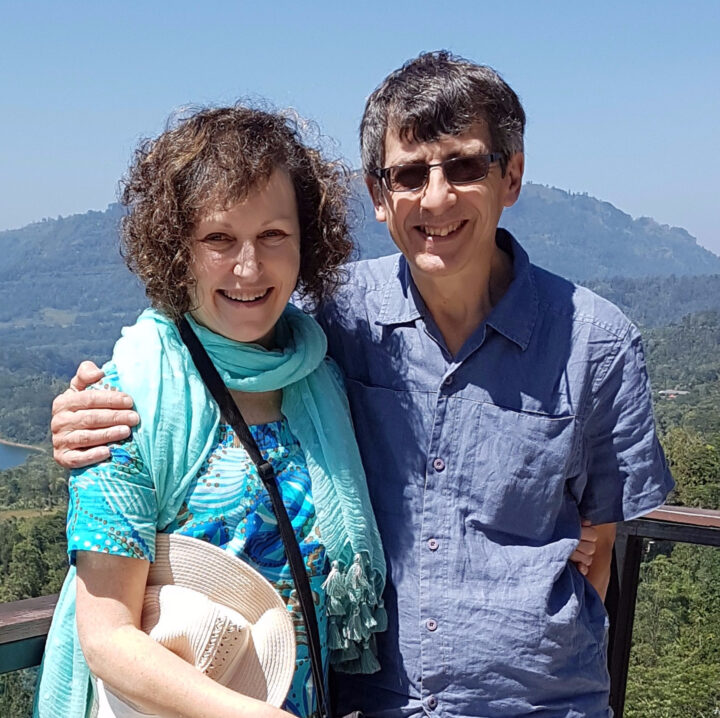Last week I attended the Nutrition Society Winter Conference at the Royal Society of Medicine. This is my 3rd Winter Conference but the one which I was most excited about, because the topic was the best nutrition for the heart and for the metabolism. This is the issue most on people’s minds, when they think about healthy eating. I was also enthused, because I knew that the conference was attracting eminent speakers from around the globe.
One of these international speakers was sitting in the row behind me. I recognised him from having looked him up beforehand. He was Professor Eric Rimm from Harvard. I contrived to leave for the first break, at the same time as him and so got a chance to introduce myself. So began my self-imposed quest to speak to and quiz as many of the experts as I could. When might I get such an opportunity again, both for my own interest and on behalf of you, my readers? Never!
One speaker was Prof Jean-Pierre Despres, from Quebec University, who has the lovely title of ‘Directeur de la science et de l’innovation’ at the Alliance Sante, Quebec. (He is also, incidentally, handsome and charismatic, with short black fluffy hair.) He is an expert on the metabolic syndrome, the dangerous combination of raised blood pressure, pre-diabetes, fatty liver and raised triglyceride fats.
He told me that when eating at home, he tries to have a salad of as many different raw vegetables as possible, before each meal. He also said that the most important thing to him is to preserve his intellect. He thumped his chest and said: ‘If I have a heart attack, I can recover, but if my brain is damaged, I can’t get that back!’
I was challenging myself to be brave and this included asking questions of the expert panels, in spite of the audience of about 500 delegates. I asked about the recent study, which had been published in the British Medical Journal, which had shown that highly processed foods raise the risk of cancer. I suggested that ideally people should get their heart healthy fats from whole foods such as fish, nuts and seeds and also from olive oil and not from refined oils and margarines. Professor Lovegrove agreed that this made sense.
At lunchtime, I got speaking with a friendly doctor from California, who had given a talk on the very low carb (ketogenic) diet. He had grey hair and a spiky moustache. He was impressed with the work of the GP, Dr David Unwin, from Southport, who has treated many of his patients who have type 2 diabetes with this diet and had incredible results, helping them to lose weight and in many cases to reverse their diabetes. (He reminded me that the information on how to get started is at diabetes uk/lowcarb.) He then produced one of his own books from his briefcase and gave it to me as a present! I was stunned!
On the following day, I plonked myself down next to Professor Rimm, as the seat was free. He was pleased when I asked about whether freezing a bagel and then toasting it straight from the freezer would produce resistant starch, leading to less of a sugar peak. This was confirmed by the speaker. Prof Rimm smiled – as an American, he clearly loves his bagels, so he was delighted to know that there’s a simple way to make them healthier. I later looked up his credentials, once again, and was staggered to read that he has over 700 publications to his name and that he has helped to determine food programmes for American school children and for those on governmental food assistance. I have clearly been walking with the giants of the nutrition world.




